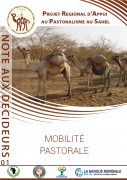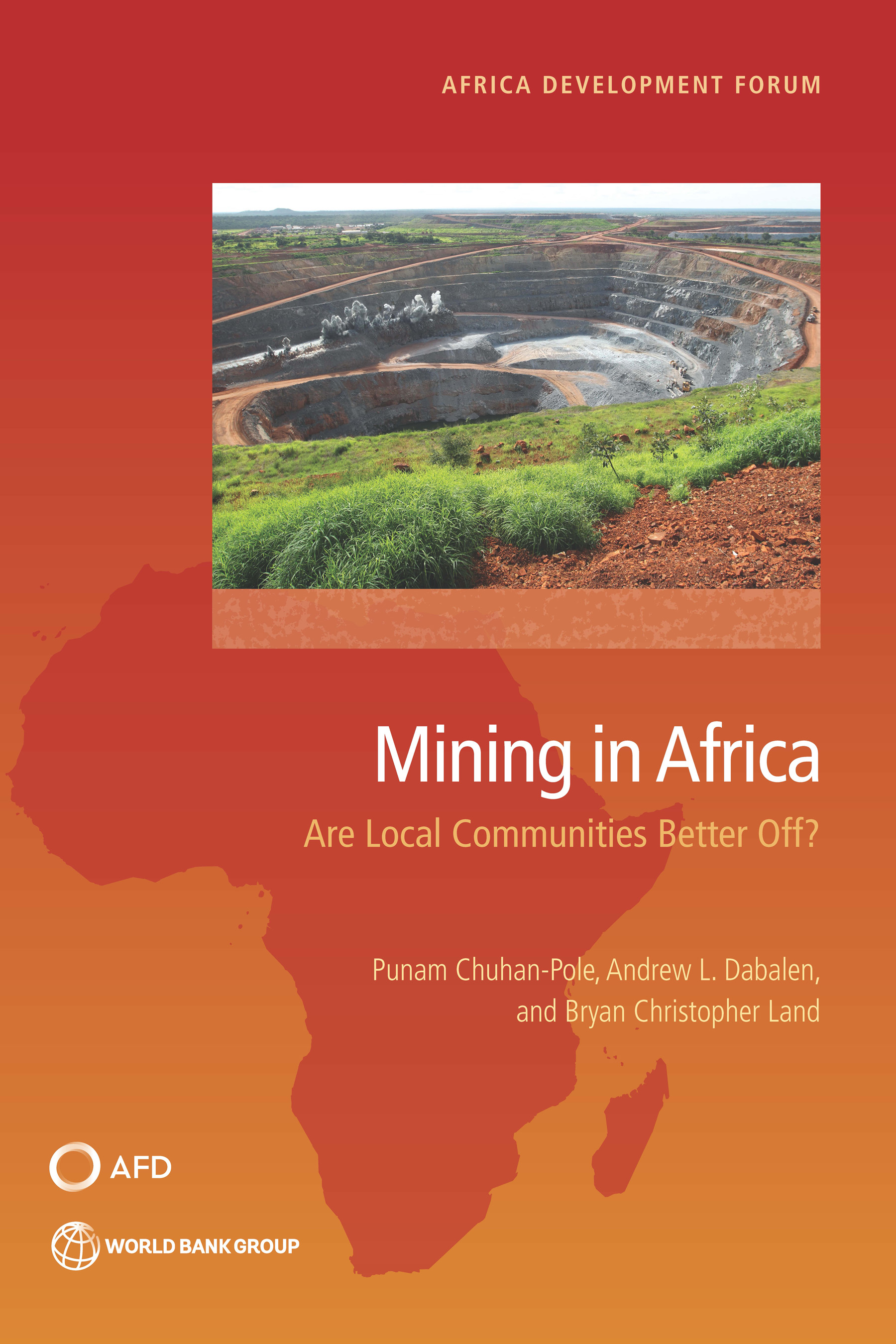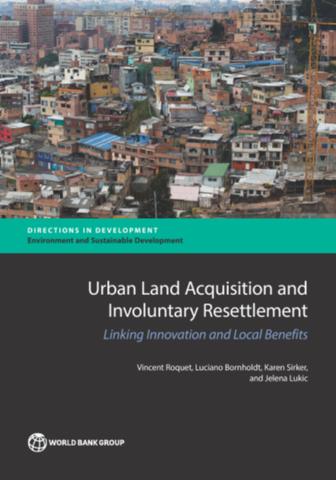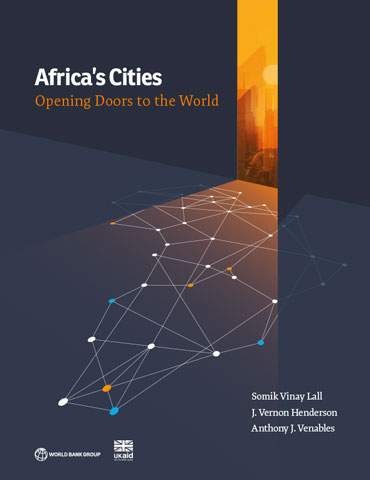The World Bank is a vital source of financial and technical assistance to developing countries around the world. We are not a bank in the ordinary sense but a unique partnership to reduce poverty and support development. The World Bank Group has two ambitious goals: End extreme poverty within a generation and boost shared prosperity.
- To end extreme poverty, the Bank's goal is to decrease the percentage of people living on less than $1.25 a day to no more than 3% by 2030.
- To promote shared prosperity, the goal is to promote income growth of the bottom 40% of the population in each country.
The World Bank Group comprises five institutions managed by their member countries.
The World Bank Group and Land: Working to protect the rights of existing land users and to help secure benefits for smallholder farmers
The World Bank (IBRD and IDA) interacts primarily with governments to increase agricultural productivity, strengthen land tenure policies and improve land governance. More than 90% of the World Bank’s agriculture portfolio focuses on the productivity and access to markets by small holder farmers. Ten percent of our projects focus on the governance of land tenure.
Similarly, investments by the International Finance Corporation (IFC), the World Bank Group’s private sector arm, including those in larger scale enterprises, overwhelmingly support smallholder farmers through improved access to finance, inputs and markets, and as direct suppliers. IFC invests in environmentally and socially sustainable private enterprises in all parts of the value chain (inputs such as irrigation and fertilizers, primary production, processing, transport and storage, traders, and risk management facilities including weather/crop insurance, warehouse financing, etc
For more information, visit the World Bank Group and land and food security (https://www.worldbank.org/en/topic/agriculture/brief/land-and-food-security1
Resources
Displaying 201 - 205 of 4906Building Evidence on Rural Women Struggles for Land Rights in Tanzania
Land is one of the terrains of struggle for most rural women in Africa because of its importance in sustaining rural livelihoods, and social-cultural and geopolitical factors that hinder women from enjoying land rights. Even when there are progressive land laws, as it is for Tanzania, women have not really enjoyed their rights. However, this has not stopped women to keep fighting for their land rights. They have sought their own approaches by leveraging opportunities within traditional, religious, and formal systems standing for their rights.
Notes de politiques sur les questions pastorales dans le cadre du projet régional d’appui au pastoralisme au Sahel (PRAPS)/mobilité pastorale
Source: Foncier&Développement
Les 1ers Entretiens Techniques du Projet Régional d’Appui au Pastoralisme au Sahel (PRAPS) se sont tenus du 15 au 17 mars 2016 à Dakar autour de la thématique « Gestion durable des parcours dans le Sahel : stratégies, pratiques, gouvernance et promotion ». Ces entretiens ont conduit à l’élaboration de 3 notes aux décideurs et de 5 notes aux opérateurs (praticiens).
Mining in Africa
This study focuses on the local and regional impact of large-scale gold mining in Africa in the context of a mineral boom in the region since 2000. It contributes to filling a gap in the literature on the welfare effects of mineral resources, which, until now, has concentrated more on the national or macroeconomic impacts. Economists have long been intrigued by the paradox that a rich endowment of natural resources may retard economic performance, particularly in the case of mineral-exporting developing countries.
Urban Land Acquisition and Involuntary Resettlement
Expansion and development of urban areas require acquisition of land, which, in turn, often requires physical relocation of people who own or occupy this land. Land acquisition and resettlement may also be required to improve the lives of the more than 1 billion people who currently live in slums around the world, most of them in developing countries. Therefore, any effort to embark on significant, sustainable urban development needs to ensure that there are adequate processes for land acquisition and, so that resettlement does not become a constraint to much needed urban development.
Africa's Cities
Cities in Sub-Saharan Africa are experiencing rapid population growth. Yet their economic growth has not kept pace. Why? One factor might be low capital investment, due in part to Africa’s relative poverty: Other regions have reached similar stages of urbanization at higher per capita GDP. This study, however, identifies a deeper reason: African cities are closed to the world.










